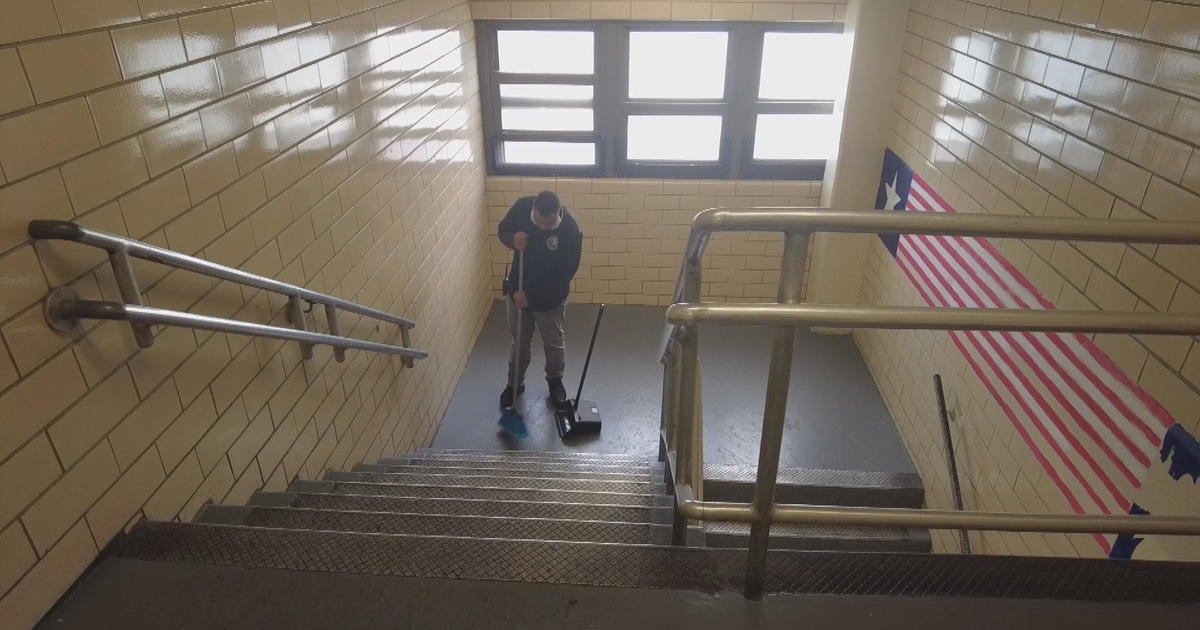CDC: Drexel University Student Died Of Same Meningitis Strain Found At Princeton University
PHILADELPHIA (CBS) -- A Drexel University student who died of meningitis last week had the same strain of bacteria that caused an outbreak at Princeton University, Centers for Disease Control and Prevention officials said Tuesday.
Drexel officials say Stephanie Ross of Pittsburgh, Pa. was found unresponsive on March 10th by housemates at the Phi Mu (Beta Tau) sorority house. (See Related Story)
In addition, CBSPhilly has also learned that Princeton University students were at Drexel University and were in contact with Ross about a week before she got sick.
Dr. Tom Clark of the CDC says, "Most likely explanation is that how she was infected."
The CDC says the results of genetic fingerprinting suggest the outbreak strain may still be present in the Princeton University community.
Drexel University officials say everyone who had close contact with Ross has received protective antibiotics and no other students have gotten sick.
Clark says, "It tells us that the outbreak at Princeton cannot be considered over."
Ross, a sophomore, was majoring in mechanical engineering.
Drexel student Louise Guy says, "to think that this happened to one student and it could happen to others, it scares me."
For information on meningitis from the Philadelphia Department of Health, click here.
A spokesperson from Princeton released a statement to CBSPhilly Tuesday. Here is a portion of that statement:
"We're urging all members of the Princeton University community to continue to help prevent the spread of disease by increasing hygienic practices, and not sharing drinking glasses, eating utensils, smoking materials and other items.
At this time, the CDC and New Jersey Department of Health continue their recommendation not to cancel events or curtail activities at Princeton University.
Also, there is no evidence that family members and the community are at increased risk of getting meningococcal disease from casual contact with Princeton University students, faculty or staff. Although transmission is from person-to-person, the bacteria are not highly contagious and require sharing respiratory and oral secretions to spread."



